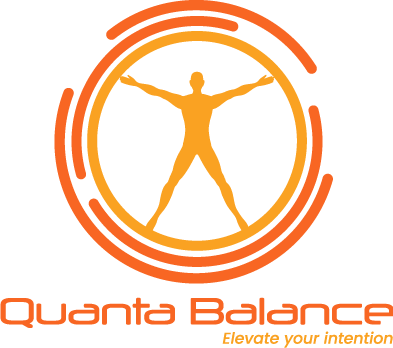Have you ever considered that we can be influenced by the energies of our ancestors? This means that the emotions and events that we experience may not always originate with us. This theory suggests that we not only inherit our DNA from our ancestors, but we are also subject to inherited unconscious psycho-somatic mind-body connections. The influence of our ancestors can be far-reaching. We may even be undertaking a mission in life to complete the mission of one of our ancestors! Think of it as unfinished business; those who have passed on can affect us in many ways, sometimes without our knowing it.
This type of trauma can have a profound impact on families and communities, and it is only recently that we have begun to understand its effects. Studies have shown that children of Holocaust survivors are more likely to experience anxiety and depression, even if they were not directly exposed to the trauma. This is because trauma is passed down from generation to generation through both genetic and epigenetic mechanisms.
While intergenerational transmission of trauma is a well-documented phenomenon, the exact mechanisms by which it occurs are still not fully understood. The rapidly growing field of epigenetics is supporting the concept that our descendants are shaped by the genes they inherit from their families, including marks that hardship and violence can leave on them.
What exactly do we inherit? We have several clues that can help us understand transgenerational influences such as emotional and behavioral patterns, active and dormant archetypes, personality traits, chronic illnesses, habits and beliefs. When we can identify these patterns, we can decide what changes to adopt so we can be the best person we can be. We can find clues in physical traits, names, and dates. Additionally, our electromagnetic field may contain information about our ancestry. By understanding these clues, we can gain a better understanding of the role that our ancestors still play in our lives.
Let’s not forget that transgenerational influences can also be positive when a generation has access to resources that promote health and well-being, for example. In this case, we can positively influence the development of generations to come. Much of the research conducted points to the need to include those ancestors who may not have been deemed to be part of the family because they were illegitimate, adopted, or unborn. Our family tree can be healed with an inclusive and compassionate approach given that the full circumstances of those events are unknown to us.
Who do we feel invisible loyalty towards? Tools like transgenerational therapy and family repatterning can help identify how to clear those ancestral links. However, there are simple steps you can follow to identify specific relatives who influence you: relatives born on the same timeline as we did, those with the same birthday, same name or same profession.
Biofeedback helps identify these patterns and specific family members you resonate with. We can identify these influences based on your unique voice and your picture. Once these shared tendencies are identified, it’s critical to identify your current pattern. Are you repairing or repeating the pattern? Also, you can explore your point of view on the matter, are you repairing from a point of view of pain, or are you repairing from a point of view of joy and enlightenment? The choice is yours, but your intention will determine the road you walk and your results. We need to keep in mind that to break the pattern, we must engage our highest resources to ask for permission to choose a different route. Many times we don’t break the mold because of guilt or because we have “always done things that way”. Many cultures incite individuals not to question things, and under the premise of “honor mother and father,” we don’t question who we are and what our highest potential is.
In conclusion, our ancestors gave us more than just their genes. They give us our resources and gifts. Being able to harmonize any unhelpful influences while capitalizing on constructive influences can help us live a better life while improving the resources and opportunities available for generations to come in our family tree. Please contact us for a biofeedback consultation to find out more about your specific intergenerational influences.
